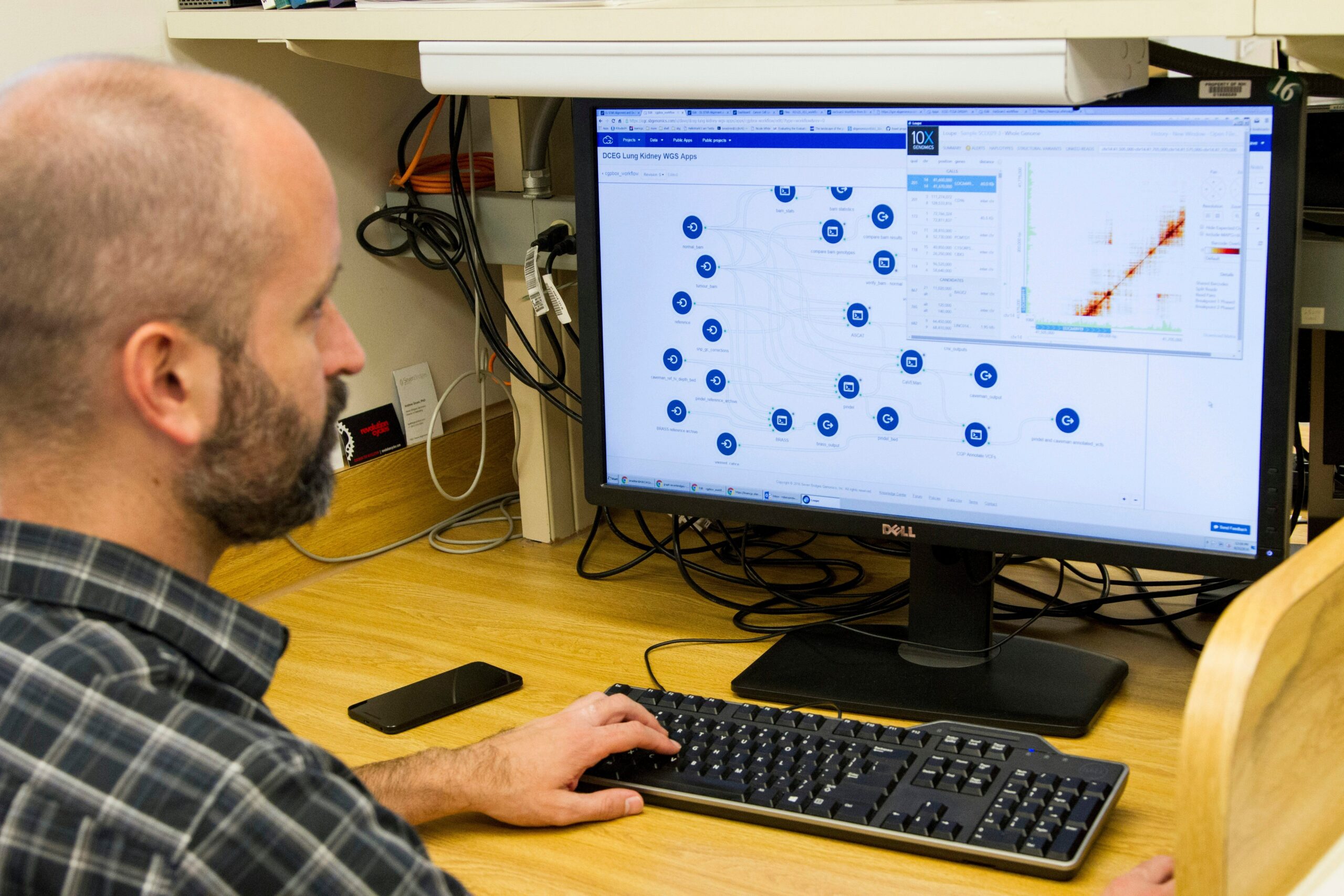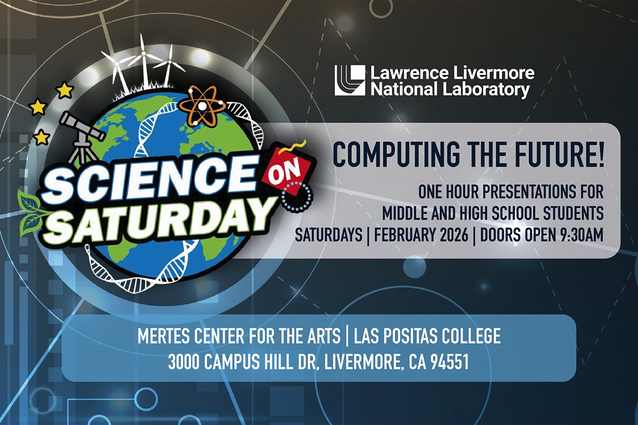
Near-death experiences (NDEs) can profoundly alter lives, and new research from the University of Virginia School of Medicine highlights effective counseling and support strategies to help individuals navigate these life-changing events. Conducted by the Division of Perceptual Studies, this study is pioneering in its exploration of the most effective ways to support those grappling with significant changes in worldview following an NDE.
For many, NDEs bring positive transformations, such as a renewed sense of purpose, a desire to help others, and a deeper appreciation for life. However, some individuals struggle to reconcile their experiences with existing beliefs, values, or scientific perspectives. Moreover, the challenge of integrating new priorities and values into their lives can be daunting.
According to Marieta Pehlivanova, PhD, from UVA Health’s Department of Psychiatry and Neurobehavioral Sciences, the right type of support is crucial. “We know a lot about these experiences from decades of research, including their typical manifestations, incidence, medical circumstances, and their impact on individuals,” she explains. “However, the research on how to support these patients and their specific needs is still limited.”
Effects of Near-Death Experiences
Pehlivanova and her team studied 167 individuals who sought professional help after experiencing an NDE. They analyzed the types of support these individuals pursued and the factors predicting who would need assistance. The findings revealed that 64% of participants sought help, and 78% of those found it beneficial. The intensity of the NDE was a significant factor in seeking support, as was a history of psychological difficulties.
A key element of successful support was acceptance and validation. Many individuals hesitate to seek help due to fears of being labeled “crazy.” Strikingly, those who received a positive or accepting first reaction were more likely to find the support beneficial.
More than half of the experiencers – 64% – had reached out for help, and 78% of those found the support helpful.
Challenges and Opportunities in Support
Support was deemed more helpful by older individuals, those with happy childhoods, and those who engaged with groups knowledgeable about NDEs. Conversely, mental-health professionals were associated with lower perceived helpfulness, suggesting a need for specialized training in this area.
Pehlivanova emphasizes the importance of educating healthcare providers. “In a new era of holistic patient care and extensive research on these experiences, it is important to highlight the need for education of healthcare providers to address the gap of care for these patients,” she notes.
About the Findings
The research findings have been published in the journal Psychology of Consciousness: Theory, Research and Practice, and are freely accessible. The research team included Pehlivanova, Katherine C. McNally, Sabina Funk, and Bruce Greyson.
To stay updated with the latest medical research from UVA, interested readers can subscribe to the Making of Medicine blog.
About the Division of Perceptual Studies
Founded in 1967 by Dr. Ian Stevenson, the Division of Perceptual Studies (DOPS) is a leading research group dedicated to exploring phenomena that challenge conventional scientific paradigms about human consciousness. DOPS is committed to rigorous evaluation of empirical evidence surrounding exceptional human experiences, utilizing a state-of-the-art neuroimaging lab.
DOPS’s mission extends beyond fundamental research, exploring the profound implications for scientific theory and society. By actively sharing insights, DOPS aims to bridge the gap between scientific inquiry and public awareness, contributing to a deeper understanding of consciousness.





